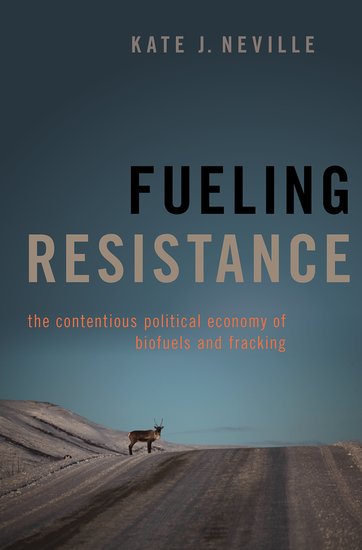This book explores how and why controversies over liquid biofuels (bioethanol and biodiesel) and hydraulic fracturing (“fracking”) unfolded in surprisingly similar ways in the Global North and South. In the early 2000s the search was on for fuels that would reduce greenhouse gas emissions, spur economic development in rural regions, and diversify national energy supplies. Biofuels and fracking took center stage as promising commodities and technologies. But controversy quickly erupted. Global enthusiasm for these fuels and the widespread projections for their production around the world collided with local politics. Rural and remote places, such as coastal east Africa and Canada’s Yukon territory, became hotbeds of contention in these new energy politics. Opponents of biofuels in Kenya and of fracking in the Yukon activated specific identities, embraced scale shifts across transnational networks, brokered relationships between disparate communities and interests, and engaged in contentious performances with symbolic resonance. To explain these convergent dynamics of contention and resistance, the book argues that the emergence of grievances and the mechanisms of mobilization that are used to resist new fuel technologies depend less on the type of energy developed than on intersecting elements of the political economy of energy—specifically finance, ownership, and trade relations. Taken together, the intersecting elements of the political economy of energy shape patterns of resistance in new energy frontiers.
Publication Type
- Book



